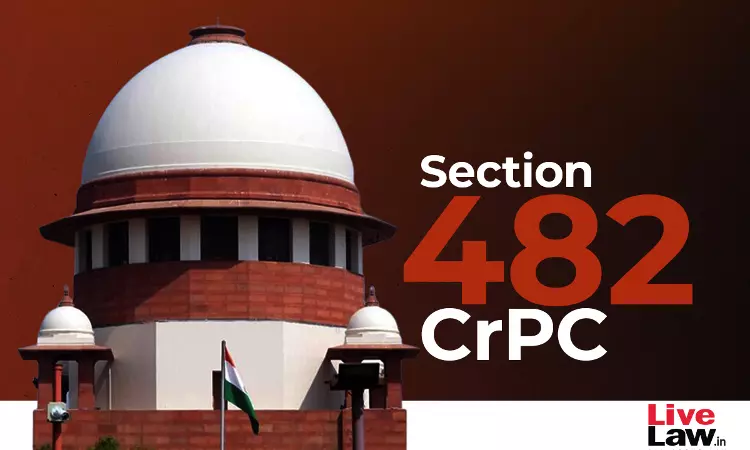Recent Important Judgments On The Inherent Powers Of High Court Under Section 482 CrPC
Muneeb Rashid Malik
4 May 2023 9:18 AM IST

Next Story
4 May 2023 9:18 AM IST
“In the exercise of this wholesome power, the High Court is entitled to quash a proceeding if it comes to the conclusion that allowing the proceeding to continue would be an abuse of the process of the court or that the ends of justice require that the proceeding ought to be quashed. The saving of the High Court's inherent powers, both in civil and criminal matters, is designed to achieve...
